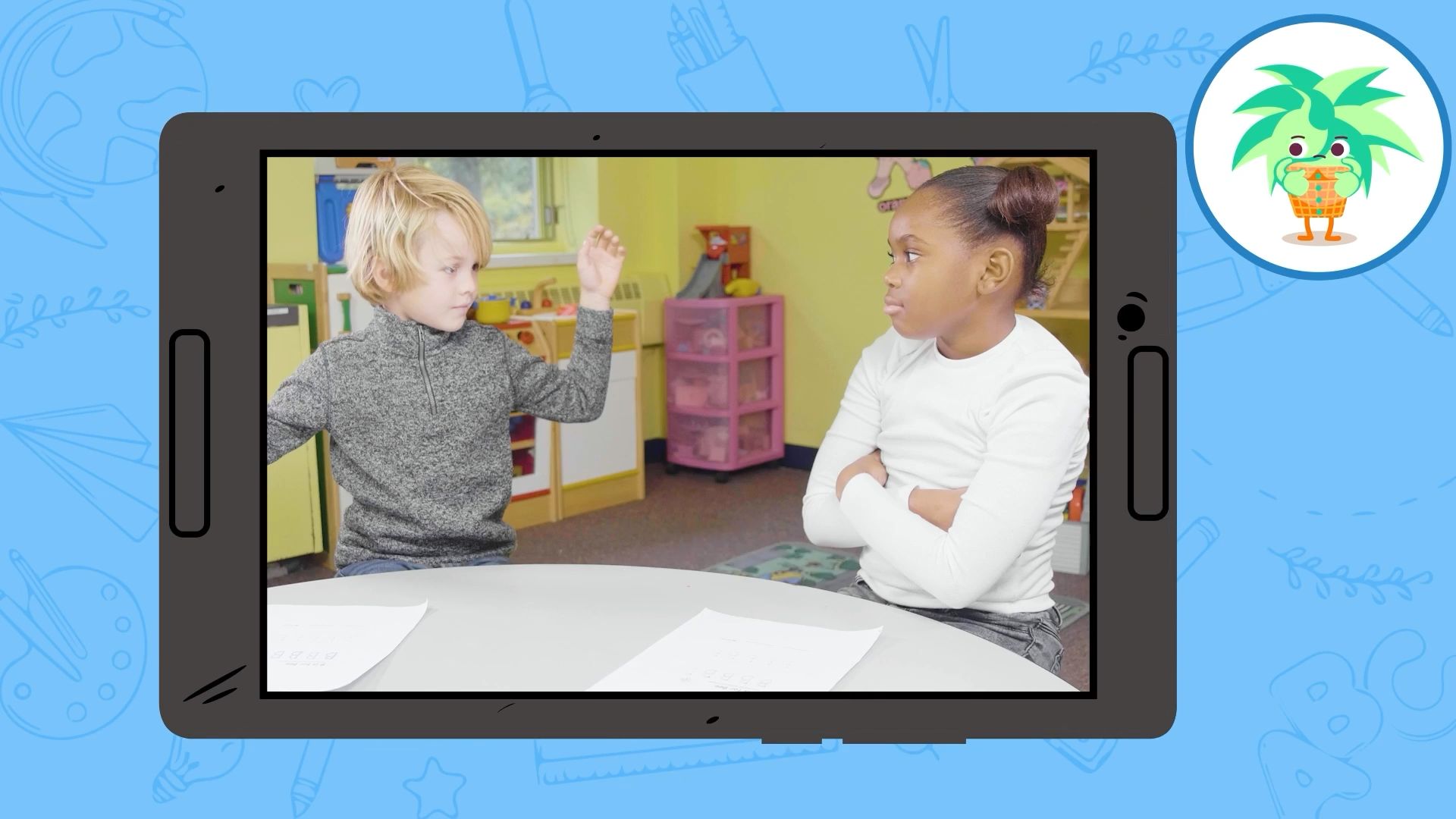
Introduction
Staying calm when losing is an important skill for young children to develop as part of their social-emotional learning. Learning to manage disappointment and frustration in a healthy way will help them navigate social situations and build resilience. This blog post will present a no-prep activity, discussion questions, and related skills to help educators teach Kindergarten students how to stay calm when losing.
No-Prep Activity
Introduce the concept of staying calm when losing with this simple, no-prep activity. Have students sit in a circle and play a game of “Pass the Ball.” The objective is to pass a small ball or object around the circle while music plays. When the music stops, the person holding the ball is “out.” The game continues until there is only one person left. Encourage the students who are “out” to practice staying calm by taking deep breaths, counting to ten, or asking for a break. Remind them that it is okay to feel disappointed, but it is important to control their reactions.
Discussion Questions
- How did you feel when you were “out” of the game? How did you handle those feelings?
- What are some strategies you can use to stay calm when you lose a game or don’t get your way?
- Why is it important to stay calm when we lose or feel disappointed?
- How do you think others feel when someone gets upset or angry after losing a game?
- Can you think of a time when you stayed calm even though you felt disappointed? How did that make you feel?
Related Skills
Teaching students to stay calm when losing is just one aspect of social-emotional learning. Other related skills that can help students develop healthy coping mechanisms and strong social relationships include:
- Empathy: Understanding and sharing the feelings of others
- Active listening: Paying close attention to what others are saying and responding appropriately
- Self-regulation: Managing emotions, thoughts, and behaviors in different situations
- Problem-solving: Identifying challenges and finding solutions
- Cooperation: Working together with others to achieve a common goal
Next Steps
Teaching students to stay calm when losing is an important step in fostering their social-emotional development. To access free samples of skill-building materials, including activities and discussions like the ones presented in this blog post, sign up at Everyday Speech. These resources can help educators create a supportive and nurturing environment for their students to grow and thrive.

